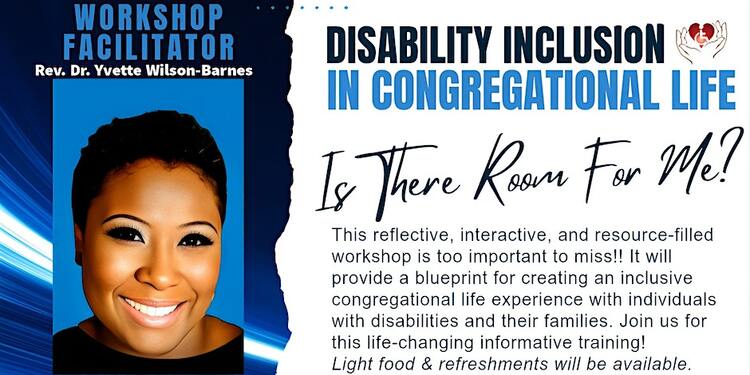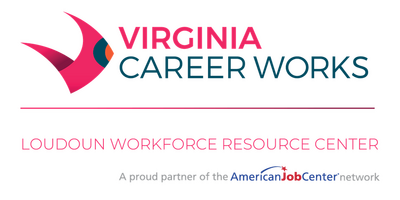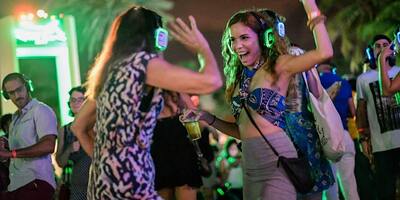
Embracing Disability Inclusion in Congregational Life
In today's diverse and inclusive world, it's imperative that communities of all types, including religious congregations, take proactive steps to welcome and accommodate individuals with disabilities. The link between spirituality and disability inclusion is profound, as it highlights the importance of embracing differences and ensuring that everyone can fully participate in congregational life. This article will delve into the significance of disability inclusion in congregational settings and provide actionable insights on how religious communities can create a more welcoming environment for all.
Introduction: A Call for Inclusion
In our society, diversity is celebrated, and inclusivity is promoted as a fundamental value. Yet, many religious congregations have been slow to adapt to this evolving ethos. The first step toward fostering disability inclusion is acknowledging its importance and understanding the barriers that exist.
Recognizing the Need for Inclusion
People with disabilities, whether physical, sensory, cognitive, or emotional, have historically faced challenges in accessing religious spaces and participating in congregational activities. This exclusion not only affects their spiritual well-being but also hinders the growth and richness of the congregation as a whole.
Understanding the Barriers
To create an inclusive environment, it's essential to identify and address the barriers that individuals with disabilities encounter when engaging with their faith communities.
Architectural and Physical Barriers
Physical accessibility is a fundamental aspect of inclusion. Houses of worship must ensure that their facilities are wheelchair-friendly, have accessible restrooms, and provide designated seating areas for those with mobility challenges.
Communication and Sensory Challenges
Individuals with sensory or communication disabilities may struggle to fully engage in religious services. It's essential to offer sign language interpreters, captioning services, or assistive listening devices to bridge these communication gaps.
Attitudinal Barriers
Sometimes, the most significant barriers are not physical but attitudinal. Congregation members and leaders must promote a culture of acceptance and respect for all, erasing prejudices and misconceptions about disabilities.
Practical Steps Towards Inclusion
Now that we've recognized the importance of disability inclusion and identified common barriers, let's explore practical steps congregations can take to foster an inclusive environment.
Training and Awareness Programs
Congregational leaders should invest in training programs to educate their members about different disabilities and best practices for inclusion. Awareness can lead to empathy and positive change.
Accessible Services and Materials
Religious materials, such as texts and sermons, should be made available in various formats to cater to different needs. Additionally, religious services should be designed with inclusivity in mind.
Supportive Community Networks
Create support groups or networks within the congregation to connect individuals with similar disabilities. These connections can provide emotional support and a sense of belonging.
Celebrating Inclusion Success Stories
To inspire and encourage congregations on their journey toward inclusion, here are a few success stories from religious communities that have embraced disability inclusion:
The Inclusive Mosque
One mosque in the heart of the city has become a beacon of inclusion. They offer sign language interpretation, accessible facilities, and regular gatherings for individuals with disabilities.
The Braille Bible Church
A small church in a rural community recognized the need for Braille materials and partnered with local organizations to provide Braille Bibles and hymnals for visually impaired members.
Conclusion
Incorporating disability inclusion into congregational life is not just a moral imperative; it enriches the spiritual experience for everyone involved. By breaking down barriers and fostering a culture of acceptance, religious communities can truly embrace the diversity of their members.
Join this disability event by visiting this event link for more details.
Enhance Your Mobility, Simplify Your Life!
Navigating the world with a disability can pose various challenges, but obtaining a disabled person's permit shouldn't be one of them. With HandicapMD, we have streamlined this process to make it easier for you.
Why Opt for HandicapMD?
Seamless Convenience: Acquire your disabled person's permit online, eliminating unnecessary hassle. Stay Engaged: Uncover a realm of events curated for the disabled community. Immerse yourself in social gatherings, workshops, seminars, and much more – all within your reach! Foster a Community: Establish connections with peers, share your experiences, and uplift one another within spaces designed exclusively with your needs in mind.
Plunge into the array of events occurring near you: Explore Disabled Events Nearby
Unite with the movement! Together, let's reshape the narrative, transforming accessibility and inclusivity from exceptions to norms. Embark on your HandicapMD journey today!
.png)






